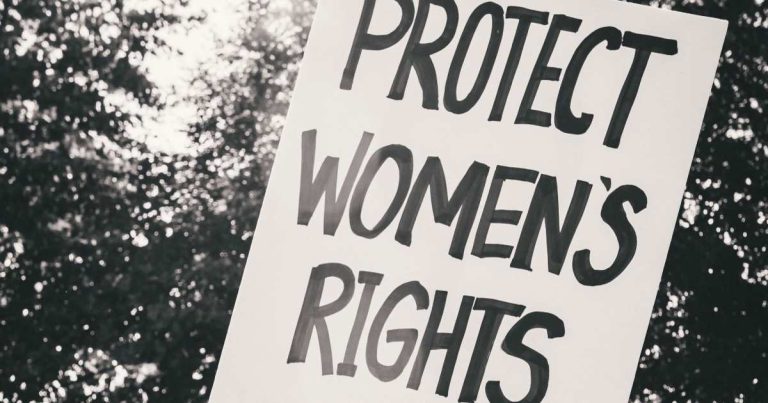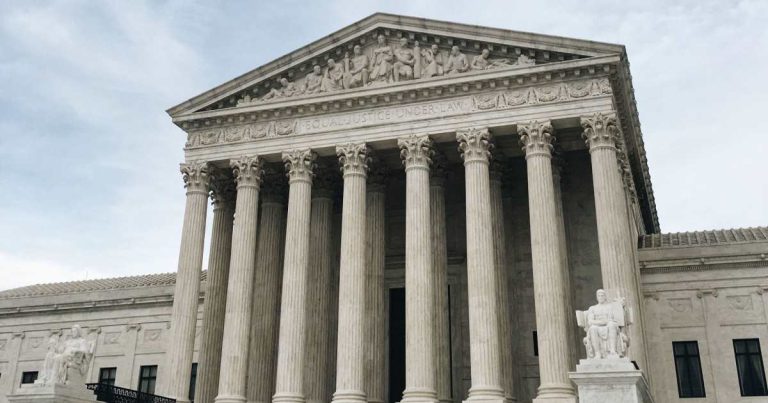Liberty and Justice for All
This article is from the chapter “Finding a Path to Economic Justice,” in Destiny: Our Global Community by Robert L. McCan
Some entrepreneurs in America who became billionaires through free market capitalism use their wealth to achieve great social good by investing in projects or causes that help others. However, more often huge concentrations of money are used to consolidate the power and self-interest of billionaires at the expense of the public good. In either case, the creation of an extremely powerful, privileged class is bad for democracy because it creates a dangerous and unequal voice in the making of public policy. In addition, the privileged class typically hands down great wealth through generations, mitigating against the concept of equal opportunity for all persons.
This article affirms that the citizens of the United States of America are serious when they pledge allegiance to “liberty and justice for all.”
The form of free market capitalism that a majority in the nation has adopted enshrines the goal of “liberty” but forgets the twin goal of “justice for all.” Progressive citizens affirm liberty within the economic system to innovate, to create, to sell, to make a profit, and to enjoy the fruits of their enterprise. They also affirm an enlightened, progressive capitalism that includes safe-guarding the well-being of the environment and all who interact with the business—justice for all.
Capitalism whose “liberty” includes freedom to degrade the environment essentially extracts its profits unjustly, essentially coercing everyone who depends on that environment to swell the corporate profits by sacrificing their health and even their lives. Capitalism profits unjustly, when it operates within an economic and social structure that maintains a desperate, impoverished labor-pool, and the law allows companies to pay their employees whatever they can get away with—less than a decent living wage. In this case, they are extracting their profits at the cost of the mental and physical health and dignity of their employees and the hopelessness and despair of future generations of those living in poverty.
Such unfettered capitalism also eventually leads to its own destruction through anti-competitive monopolies; vulture mergers and acquisitions practices; and a top-heavy financial sector where the only real “productive” function is funneling more money to the top. We end up with a few extremely rich individuals and corporations alongside a majority of the population left in or near poverty with little opportunity to advance their economic interests. In an obsolescent, purely capitalist economic order, the aspiration of “justice for all” is forgotten or posited as a quaint dream.
Those who want to maintain a robust, thriving capitalist system must join those concerned with social justice to support regulations, limits on corporate power, and progressive taxation of individual and corporate wealth in favor of the common good.
Some protest by arguing that philanthropy will fill in the cracks left by the cruel, impersonal capitalist marketplace. Let us be clear: it is impossible to compensate for an unjust system of wealth distribution by relying on the philanthropic whims of wealthy individuals and foundations. The supply of charitable giving cannot possibly keep pace with the demand for it.
The most fundamental issue of our time, after climate change, is the fight over the distribution of economic power—and a commitment to economic justice will also make it possible to transition more quickly and decisively into a green economy.
It is a long-ago disproven fantasy that unfettered capitalism will ever deliver prosperity to everyone. Capitalism can serve economic justice only if it is harnessed to deliver public goods along with private profits.





